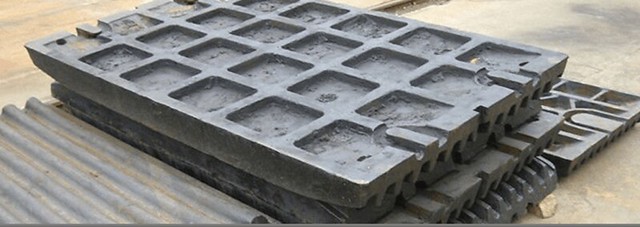Title: An Insight into Alloy Zinc-coated steel panel Sheet Metal and Its Applications
Alloy Sheet Metal is a versatile material widely used in various industries due to its unique properties. This article explores the characteristics, manufacturing process, advantages, application methods, selection criteria of alloy sheet metal, and concludes with its significance in modern ind

ustries.
1. Introduction:
Alloy sheet metal refers to thin sheets made from a combination of metals or a mixture of metal and non-metal elements. It offers better mechanical properties than individual metals by combining their desirable qualities.
2. Manufacturing Process:
The manufacturing process of alloy sheet m alloy sheet metal etal involves blending different metallic components using techniques like melting, casting, rolling, or extrusion. This ensures homogeneous distribution throughout the sheet.
3. Characteristics:
– Steel Sheet: One common type of alloy sheet metal containing iron as the main component is known for its high strength and excellent welding capabilities.
– Zinc-coated Steel Panel: A steel panel coated with zinc provides corrosion resi alloy sheet metal stance and acts as an ideal construction material.
– Copper Alloy Metal: Sheets made from copper-based alloys exhibit exceptional electrical conductivity along with good thermal properties.
– Tinplate: It is obtained by coating thin sheets of steel with tin and finds extensive use in packaging applications.
– Titanium-Magnesium Sheet Metal: These lightweight sheets offer excellent resistance to corrosion making them suitable for aerospace applications.
4. Advantages:
Alloy sheet metals have seve alloy sheet metal ral advantages over their individual component metals:
– Enhanced Strength: The combination of different materials imparts improved mechanical strength compared to pure metals.
– Corrosion Resistance: Certain alloys are engineered specifically to resist corrosion even under ha alloy sheet metal rsh environments.
– Design Flexibility: Alloy sheets can be tailored according to specific requirements while retaining favorable properties from each constituent element.
– Conductivity Optimization: Alloys optimize electrical conductivity or other desired characteristics based on particular needs.
5. Application Methods:
Alloy sheet metal fi

nds numerous applications across various sectors such as automotive, aerospace, construction, electronics, and packaging. It is commonly used for manufacturing components like automotive body panels, electrical enclosures, roofing materials, and food cans.
6. Selecting the Right Alloy Sheet M aluminium alloy plate etal:
Choosing the appropriate alloy sheet requires considering factors such as mechanical properties (strength, ductility), corrosion resistance, thermal conductivity,
and cost-effectiveness. Consulting experts or referring to material specifications provided by manufacturers can assist in making an informed decision.
7. Conclusion:
Alloy sheet metal plays a crucial role aluminium alloy plate in modern industries due to its exceptional mechanical prop Steel sheet erties and versatility. Whether it’s steel sheets offering strength or copper alloys providing excellent conductivity; alloy sheets meet diverse application requirements. Understanding their characteristics and selecting the right type based on specific needs ensures optimal performance and durability in various industrial Copper alloy metal sectors.
In conclusion, alloy sheet metals serve as essential building blocks across numerous industries by combining desirable qualities of different metals. Their manufacturing process blends multiple metallic components together resulting in improved strength and customized attributes required for specialized applications.
